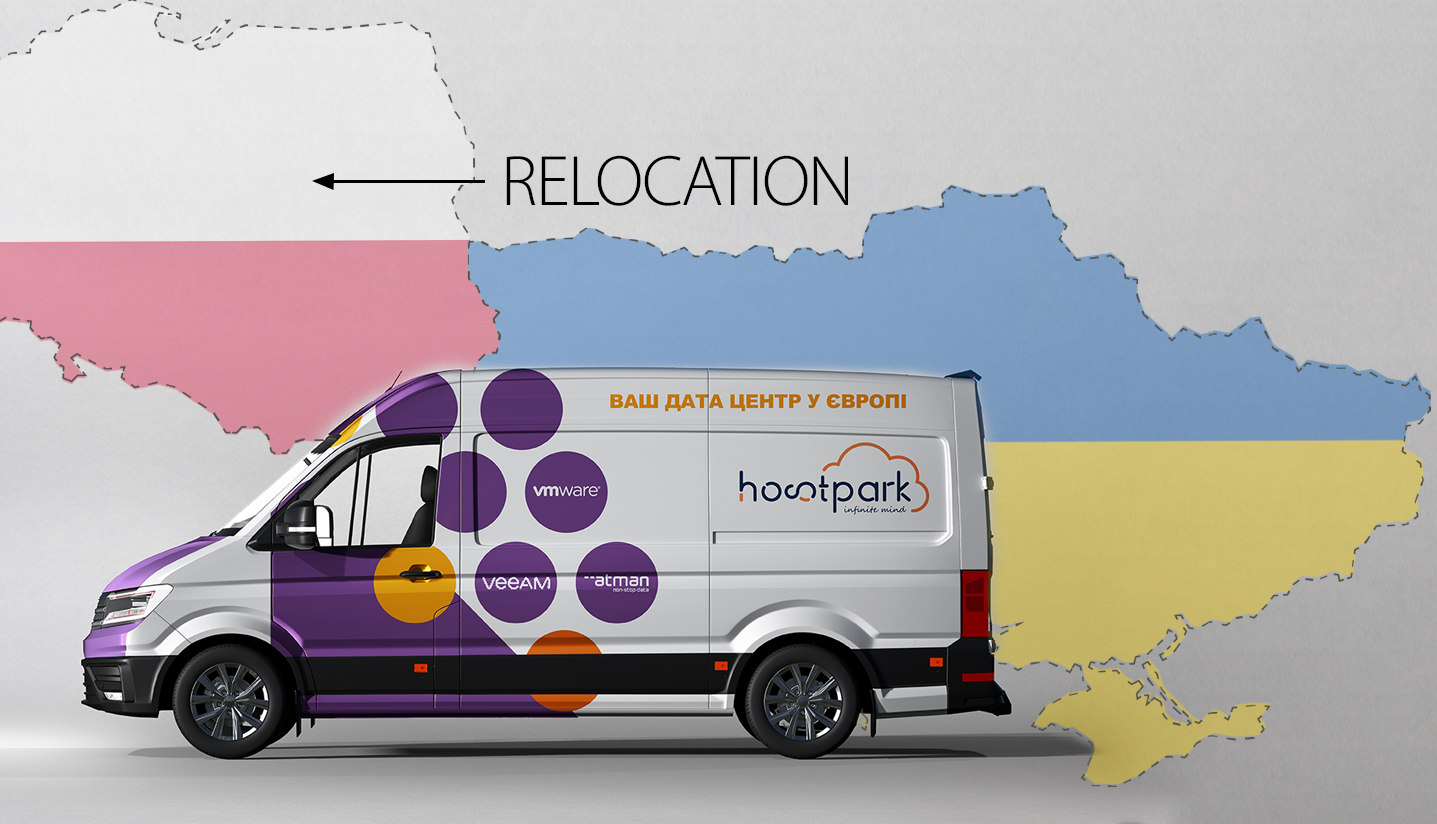In the face of the ongoing armed conflict in Ukraine, hosting company Hostpark has decided to move its server infrastructure to Poland. This move is aimed at protecting customer data and ensuring the continuity of services amid escalating threats.
Extensive scale of threats to Ukrainian hosting companies
Ukrainian technology companies face a number of security challenges, both digital and physical. The armed conflict not only poses a direct threat to physical infrastructure through possible damage from missile attacks, but also a serious risk of power outages. Damaged transmission lines can lead to prolonged blackouts, which directly affects the operations of data centers, which require uninterrupted power to cool servers and maintain online systems.
Cyber threats as a second front of war
Additionally, the intensification of warfare translates into increased cyber activity. Ukrainian companies are regularly targeted by advanced cyber attacks that can be just as devastating as military action. An example of this is the recent attack on the Parkova data center in Kiev, which disrupted critical infrastructure and public services. Restoring services from backups is possible, but any such incident is a risk of losing data and customer trust.
Exodus from Ukraine?
According to information we were able to obtain from several Data Center representatives in Europe, the process of migrating servers out of Data Centers in Ukraine has become commonplace because it is the be or not be for many companies. While at the beginning of the 2022 war, the launch of disaster recovery in other countries was observed, now it is a complete migration. Both private companies are moving and pressure from military institutions is also being felt for change. One can imagine how the destruction of a Data Center could affect the operation of systems existentially important to state structures.
Risk analysis and countermeasures
Moving servers to Poland is a strategic response to these risks. Poland, as the geographically closest country with a stable political situation and developed technological infrastructure, offers greater security in both physical and digital aspects. It is precisely for this reason that this country has become a major destination for the migration of critical services. In a new location, away from the conflict zone, it is possible to focus on growth and innovation without the constant fear of losing critical resources.



